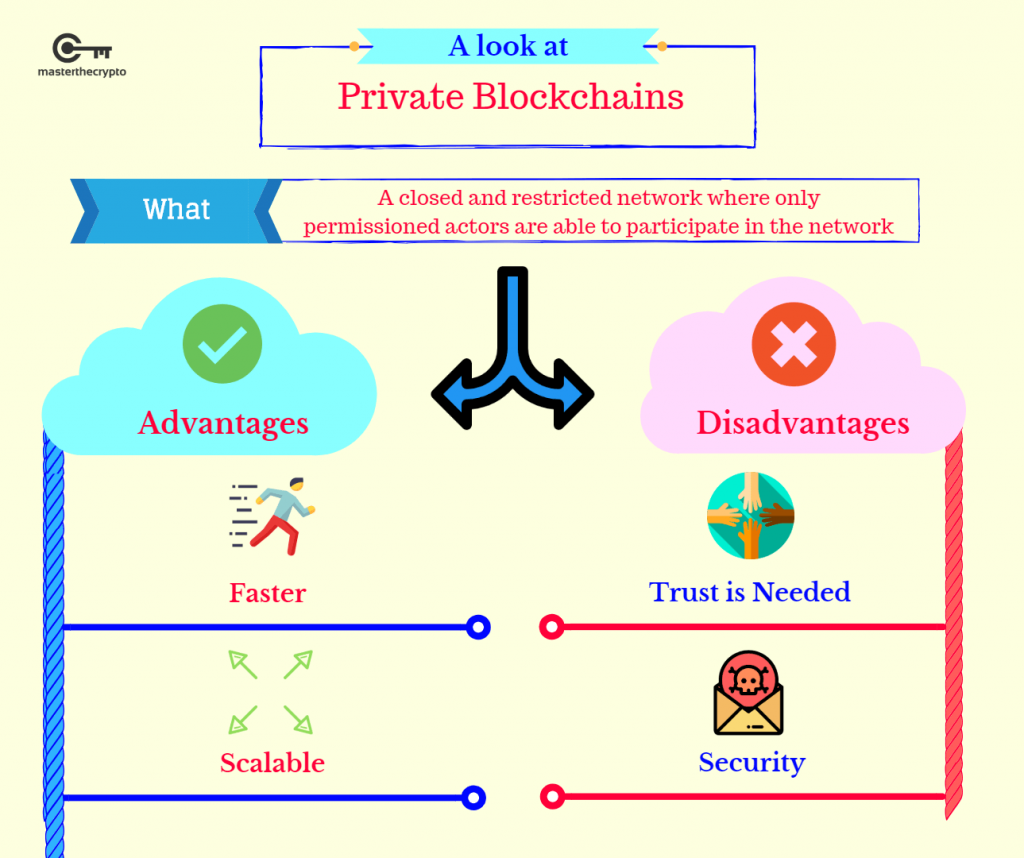
It is further complicated by the fact that the s cammers are typically not in the same country as their victims. Prosecuting pig butchering scams can be complex, involving local, state, and federal law enforcement and regulatory agencies like the Securities and Exchange Commission and the Commodity Futures Trading Commission. Independently research exchanges and trading platforms and see if they are legitimate, have dispute resolution mechanisms, and comply with U.S. You can protect yourself by being careful with whom you share your contact information, not responding to messages from people you don’t know or haven’t met in person, or clicking on links they send you. This is often where the victim realizes they’ve been scammed.

Sometimes, scammers will return what appears to be a portion of the victim’s investment to continue the cycle and maintain trust when they’re repatriating another victim’s stolen funds, much akin to a Ponzi scheme. Victims are discouraged from trying to withdraw funds over concerns of “taxes” and “processing fees,” but the scammers already have their money by now.

One victim received a link to what appeared to be So-Fi – even including a working customer service contact – but it was a fake. Conversations then move to WhatsApp.Īt this point, the scammer convinces the victim to invest in crypto, often sending them a link to a legitimate-looking cryptocurrency exchange website or app. For instance, people have been victimized through Instagram, Discord, Telegram, YouTube, Facebook and LinkedIn. But it’s not just dating sites – these scammers will use any social media platform. Most pig butchering scammers frequently find their victims on dating sites, playing on their desire for connection and companionship to gain their trust. Scammers contact potential victims through social media and pretend to befriend their victims, even romance them from afar. Unfortunately, most of the perpetrators behind the over $250 billion in crypto fraud FBI reported will never be brought to justice.īe suspicious of all communications you get from people you do not know. In June, the Commodity Futures Trading Commission (CFTC) began an enforcement action against California man Cunwen Zhu, who they say pretended to romance 29 people to get them to deposit $1.3 million to buy cryptocurrency on their behalf. “Pig butchering” scams, where victims are “fattened” up with flattery, often under the guise of romance, before handing over their assets to the scammer, are on the rise, and the government and cryptocurrency exchanges should be doing more to protect people from these scams. Allows for significant and quick dApp adoption, since apps built on Ethereum today are designed to be compatible.The following is a guest post from Brendan Cochrane and Katya Gozias. Allows Polygon zkEVM to benefit from the already vibrant and active Ethereum community 6. The solution ultimately benefits from the security and decentralization of Ethereum, since transactions are still finalising on Ethereum 5. Since he/she is not rewriting the application, valuable time is saved. The experience for a developer is much better.
#Bitcoin blueprint scam code
Since no code changes are needed, you dont need additional audits, which saves teams money 3. Development teams don't have to make changes to their code, which could introduce a security vulnerability 2.


Things are designed to work 100% on day one. Polygon zkEVM strives for EVM Equivalence, because it means that most applications, tools and infrastructure built on Ethereum can immediately port over to Polygon zkEVM with limited to no changes needed. Additionally, compatibility may lead to the breaking of developer tooling. Solutions that are compatible enable most of existing apps to work, but sometimes with code changes.


 0 kommentar(er)
0 kommentar(er)
